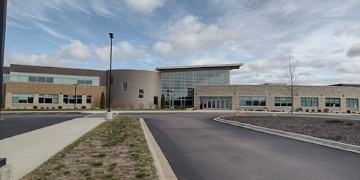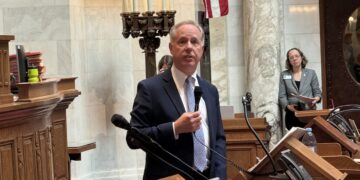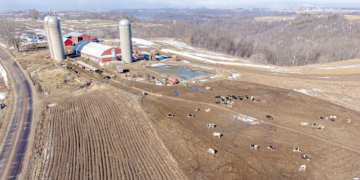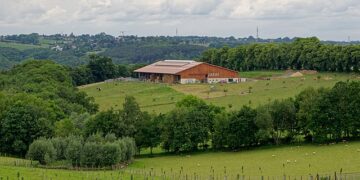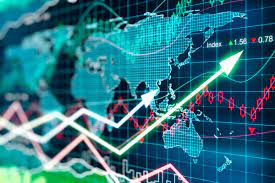The economy is being influenced by government policies, consumer behavior, technological advancements, and global events more rapidly than ever. In 2024 the economic landscape presents concerns and opportunities, shaped by both trends and recent developments.
Government initiatives implemented during the height of the COVID-19 pandemic in 2020 played a pivotal role in stabilizing local economies and reviving growth. However, the pace of recovery has become uneven across regions, with some areas of the country experiencing a rebound while others continue to grapple with economic stagflation.
Inflation has become a major concern among consumers. Rising demand coupled with supply constraints has led to dramatic price increases on everything from housing, to energy, and food.
The US labor market is still adjusting to shifts in changing work patterns and technological advancements. Remote work arrangements, automation, and skill mismatches are reshaping the employment landscape. However, the rapid pace of technological change also raises concerns about job displacement and digital divide. While some sectors experience labor shortages, others face challenges in reabsorbing displaced workers. Bridging the skills gap and fostering workforce resilience are critical for increasing economic growth.
One of the most difficult challenges to the global economy is supply chain disruptions. The pandemic exposed vulnerabilities, disrupting the flow of goods and leading to shortages of commodities. Transportation bottlenecks, labor shortages, and geopolitical tensions have contributed to the ongoing supply chain challenges, affecting industries ranging from manufacturing to retail.
While the traditional way of doing business is slowly dying, technological innovation continues to drive economic transformation, presenting both opportunities and challenges. Advancements in artificial intelligence and renewable energy are reshaping industries and creating new avenues for growth. The rise of digital commerce and e-commerce platforms is redefining traditional transactions and giving way to new markets for businesses worldwide.
As we navigate the global economy, resilience, adaptability, and innovation are critical. The current economic landscape presents challenges and opportunities, shaped by ongoing trends and emerging developments. By fostering growth, embracing technological innovation, and prioritizing sustainability, we can strive and prosper. However, achieving these goals require efforts from lawmakers, businesses, and individuals to address the complex and interrelated challenges facing our communities.

